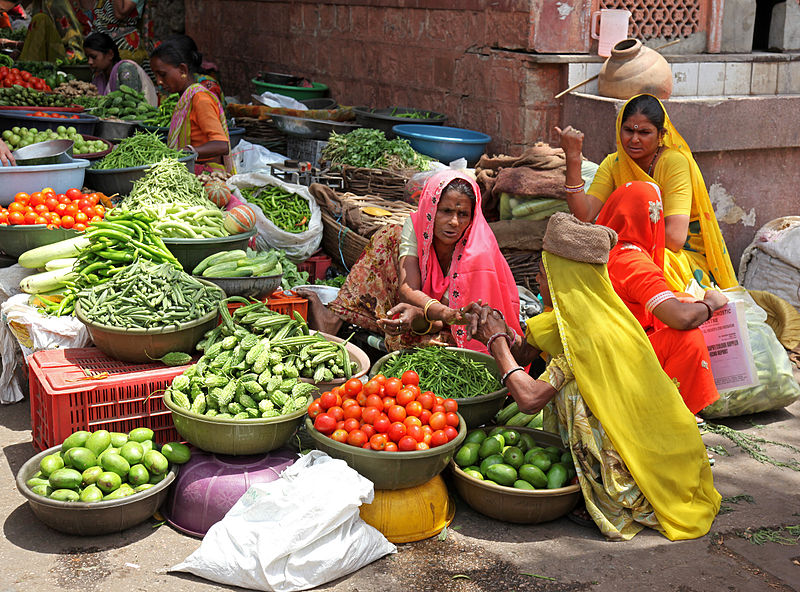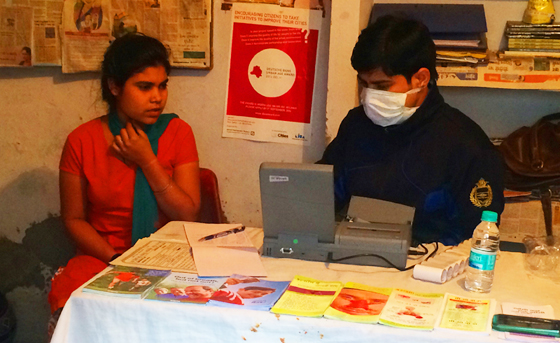“Women’s health needs to be front and center- it often isn’t, but it needs to be” – Cynthia Nixon
A report recently released, reaffirms this quote. According to Global Nutrition Report 2017, more than half (51%) of women of all women of reproductive age in India have anaemia – a serious condition that can have long-term health impacts for mother and child. The global report, which looked at 140 countries including India, found ‘significant burdens’ of three important forms of malnutrition used as an indicator of broader trends. These include childhood stunting, anaemia in women of reproductive age, and overweight adult women. The report also states that 25% women have raised blood pressure, 8% women have raised cholesterol, and 30% women have raised blood glucose.


Another alarming result of the report was that India has made no progress in the percentage of reproductive-age women with anaemia, and is nowhere near reaching targets for reducing adult obesity and diabetes. The findings also found that 88 per cent of the countries studied face a serious burden of two or three forms of malnutrition.


Nutrition is a key factor in eradication of maternal deaths, poverty and reducing prevalence of disease. Women are key to the healthy development of society – the cycle of conception, to pregnancy to child birth and post child birth, is determined largely on the health of women. It is disturbing that while policy makers in the country are more concerned about caste and religious politics, the health of its people is getting worse. It is high time that adequate nutrition and overall well being of citizens, becomes a priority for all governments. It is only then that society will truly benefit.




